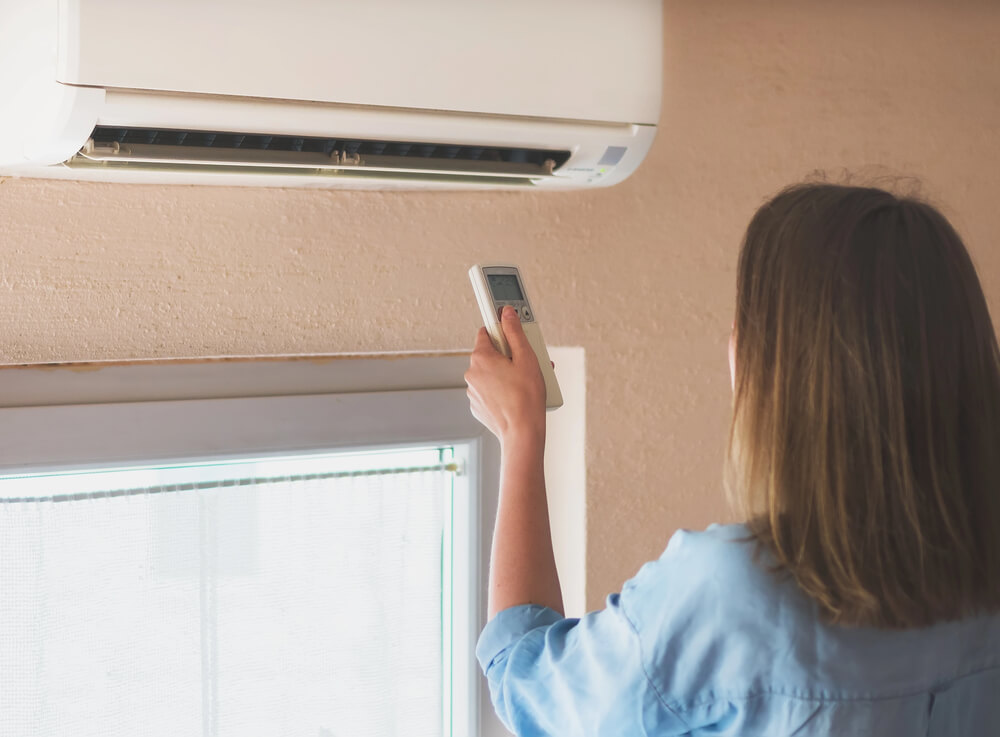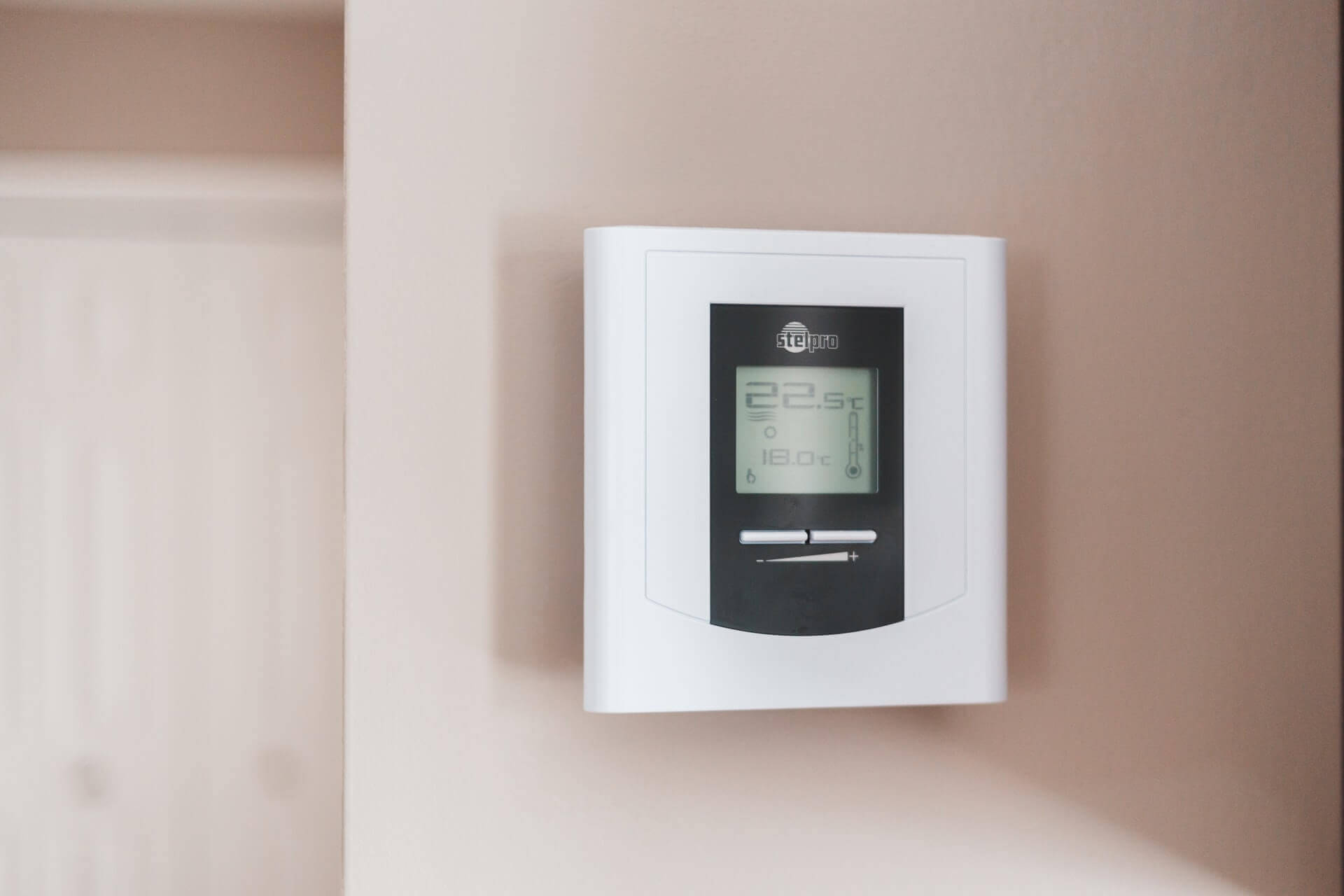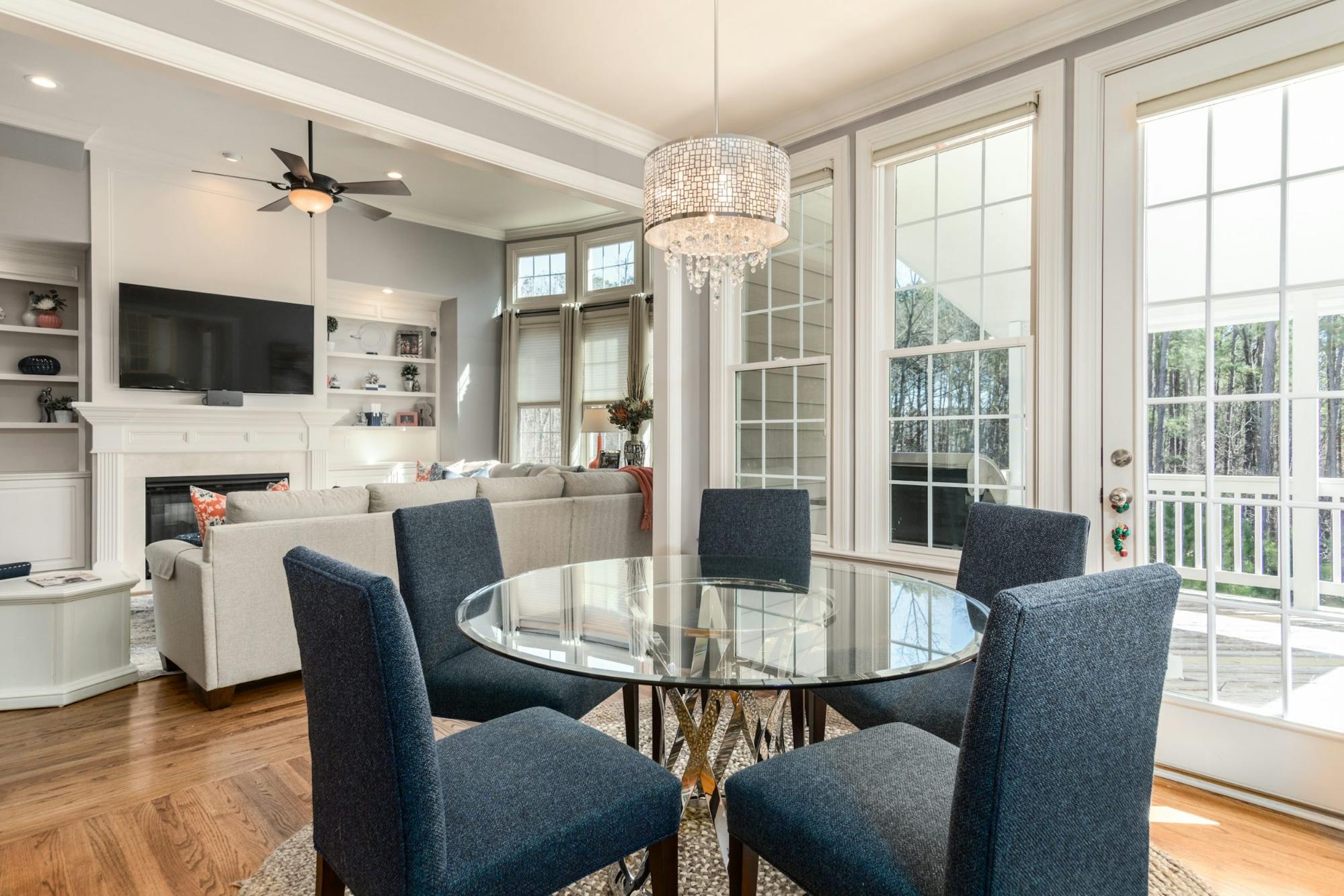Ensuring the Proper Operation of Your Heating and Air Conditioning Appliances

Heating and air conditioning systems are essential for maintaining a comfortable environment in our homes and offices, regardless of the outdoor climate. Regular maintenance is essential to ensure their effectiveness, durability, and to prevent costly breakdowns. This guide explores best practices for maintaining and repairing these devices, detailing which tasks you can do yourself and which require professional intervention.
Why regular maintenance is essential
Regularly maintaining your heating and air conditioning systems has several advantages:
- Energy Efficiency : A well-maintained system works more efficiently, which reduces energy consumption and, in turn, your electricity bills.
- Extended Lifespan : Regular maintenance helps detect problems before they become serious, extending the life of your devices.
- Indoor Air Quality : Good maintenance reduces the accumulation of dust and mold, improving the air quality in your home.
- Reduction in the risk of breakdowns : Heating or air conditioning failures can be uncomfortable and sometimes dangerous. Regular maintenance reduces these risks.
Heating System Maintenance
To keep your heating system working optimally, here are the essential maintenance tasks:
- Checking and Replacing Filters : Filters should be checked regularly and replaced every 1 to 3 months. Clean filters improve system efficiency and air quality.
- Air Vents and Ducts Cleaning : Clean air vents and ducts regularly to avoid dust and debris build up, which can interfere with airflow.
- Thermostat inspection : Make sure the thermostat is properly calibrated and working as intended. A faulty thermostat can lead to overconsumption of energy.
- Heat Exchangers Verification : Heat exchangers should be inspected for cracks or corrosion, which could lead to carbon monoxide leaks.
- Burner and Electrode Inspection : For gas heating systems, it is crucial to check and clean the burners and electrodes to ensure efficient operation.
Air Conditioning System Maintenance
For your air conditioner to work properly, here are a few steps you can take:
- Cleaning or Replacing Filters : Clean or replace filters every month during the air conditioning season to ensure optimal airflow.
- Cleaning the Coils : Evaporator and condenser coils should be cleaned at least once a year to maintain system efficiency.
- Checking Refrigerant Levels : An incorrect refrigerant level may damage the compressor. Have the levels checked by a professional if necessary.
- Fan inspection : Fans should be inspected for damage or wear, which could affect system performance.
- Pipeline Verification : Ensure that the ducts are not obstructed or damaged, which could reduce the efficiency of the air conditioning.
Heating and Air Conditioning System Repair
Despite regular maintenance, problems can occur. Here are some common problems and how to fix them:
- The System Does Not Turn On : Check circuit breakers and fuses. If everything seems normal, the problem could be related to the thermostat or to an internal component, requiring professional intervention.
- Abnormal noise : An unusual noise may indicate loose parts or a damaged fan. Have the system inspected immediately.
- Insufficient Heating or Cooling : If the system does not heat up or cool enough, it could be due to a clogged filter, an incorrect refrigerant level, or a more complex problem that requires professional intervention.
Call on a Professional
Some maintenance and repair tasks require the expertise of a professional. For example, problems such as refrigerant leaks, electrical failures, or complex malfunctions need to be addressed by a qualified technician. Professional maintenance generally includes more advanced tasks, such as checking refrigerant levels, inspecting ductwork, and calibrating thermostats. In addition, calling in a professional can prevent costly breakdowns in the long term.
Preventive Maintenance: The Key to Sustainability
Preventive maintenance is essential to extend the life of your heating and air conditioning systems. Schedule regular inspections to identify and fix small problems before they become major ones. For example, a clogged air conditioning duct or a clogged burner can lead to overconsumption of energy and costly breakdowns. By doing these inspections and cleanings regularly, you can avoid major repairs and extend the life of your devices.
Optimizing Energy Efficiency
One of the main benefits of regular maintenance is the optimization of energy efficiency. A well-maintained system consumes less energy to heat or cool your home, reducing your energy bills. Use programmable thermostats to adjust the temperature according to your needs and insulate your home properly to maximize energy savings while maintaining optimal comfort. In short, regular maintenance not only extends the life of your systems, but also improves their performance and reduces long-term costs.
Guarantee: No traces, no stress — only lasting results.
5 000 +
96%
$6,275



.avif)



